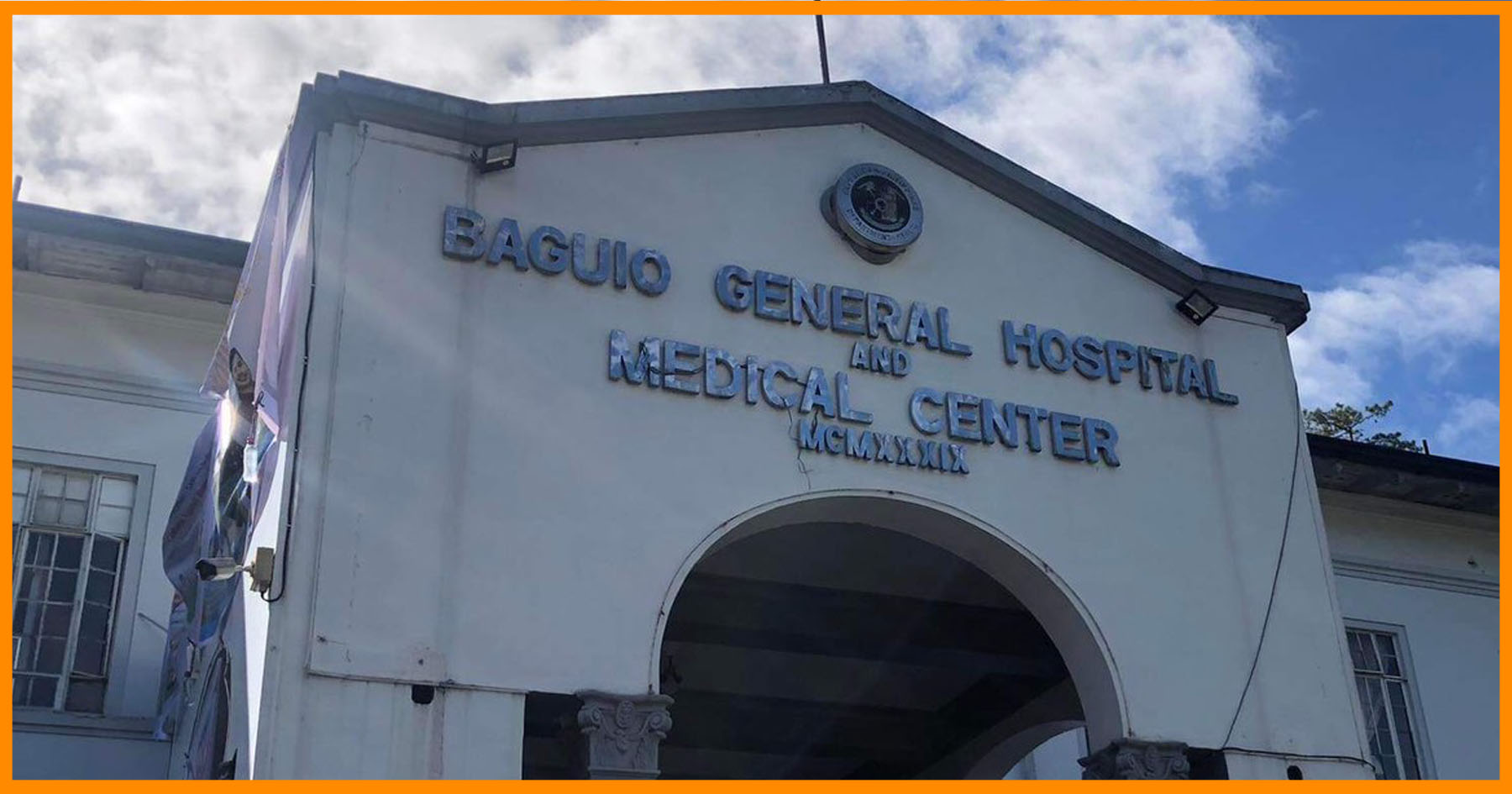Tublay, Benguet- At least 10 percent of the farmers of Barangay Basil still continue practicing vermicomposting. This is according to Basil Barangay Captain Lito Mateo. He said that through the collected fund from vermicomposting, they were able to maintain the production of vermicast or the product of vermicompost to continuously supply the farmers. Farm expenses and exposure to chemicals were also lessened.
Likewise, Basil Elementary School utilizes vermicasts to maintain their “Gulayan.” They even share it to the Barangay Health Center for their vegetable patch. Vermicomposting has been part of the school’s practice since then and they are fully supported by the parents of their pupil and the Barangay LGU. They help the pupils in collecting grasses and other materials to be composted. The Barangay LGU also lent their shredder to the school for quicker processing of the compost.
Mrs. Menis and Mrs. Domingo, both teachers of the school said that in the past, they seldom practiced green manuring. They even admitted that when they started to teach organic farming inside their classes, they experienced difficulty in explaining and demonstrating it because they only based their lesson on their instructional manuals. Incidentally, one of their new co-teachers who is a BSU graduate had knowledge on basic composting. He then taught them these technologies.
“Ammo da met piman, nu ibaga me nga ag compost tayu ket nu adda naipapastor nga baka ket apan da piman alaen day rugit na nga itimba da (The pupils know, when we tell them that we will be making vermicast, they take the initiative to gather cow dung and place it in pails),”said Mrs. Domingo.
Menis and Domingo further shared that their pupils appreciate vermicomposting because they no longer need commercial fertilizers.
Studies on vermiculture and the advocacy of its practice began in BSU in the 1990s by Dr. Rogelio D. Colting. In the 2000s, Prof. Alex Fagyan and the late Dr. Jose Balaoing studied the use of indigenous highland earthworms and the African night crawler in vermiculture. The duo advocated vermiculture through various trainings for farmers and groups even reaching as far as Butuan City.
In 2013, the BSU Extension Office facilitated the educational trip of Grade 4 to 6 pupils from the Basil Elementary School to the BSU Organic Demo-Farm focusing on vermicomposting.
Soil fertility is important in agriculture and vermi-composting as a natural way of re-nourishing the soil has always been a part of Benguet State University’s advocacy in line with organic farming. Vermicomposting is the use of earthworms in producing fertilizer that has the potential to improve soil aeration, texture, nutrient status, and water retention capacity because of its high organic matter content. Vermiculture also improves the health of the soil promoting root growth and nutrient absorption of macro and micronutrients.
By A.I. Marzo














